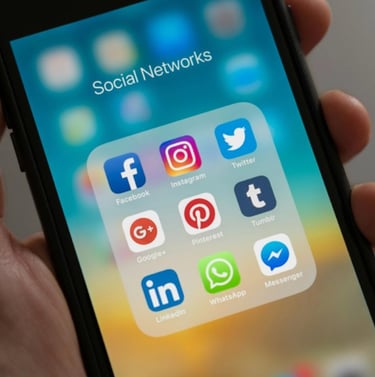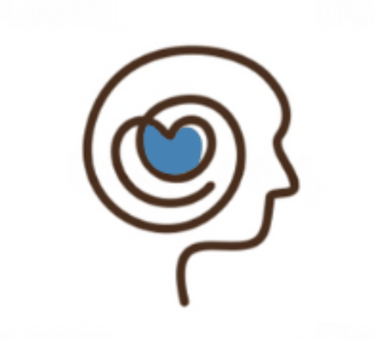Scrolling Through Stigma: How Media Shapes Teen Mental Health Views
The mental well-being of others is just as important as their physical well-being, but the media does not treat it as such.
Pierce Ibanez
9/3/20251 min read


“I am not normal”. This sentiment is all too common among teenagers who suffer from different mental health conditions. The negative sentiment held about mental health is created through inaccurate portrayals in the media. The specific types of media I am referencing are those of the news, TV shows/movies, and social media.
The Double-Edged Sword of Social Media
The Good
On platforms like TikTok, Instagram, and YouTube, teens are able to:
Share their experiences on mental health and gain support
Find communities of others with similar experiences
Learn coping strategies
The Bad
Misinformation, jokes, and degrading language about mental health are spread:
A study from Union University showed that negative posts online affect how likely teens are to seek help.
I can speak to this as I have a friend who once confided in me about wanting to harm themselves. They were scared to seek help, thinking they would be judged. They are doing much better now, luckily, but no one should feel like that
Negative Portrayals in Movies and Shows
Try thinking of the last time you saw a character with mental health issues in movies and/or shows. Unfortunately, chances are that the character was portrayed as dangerous, unstable, or crazy. In entertainment, mental illness is overrepresented as negative and violent, which is not the truth. For teens, these kinds of portrayals can lead to negative views on those with these illnesses or make people scared about coming out for help from the fear of being viewed negatively.
What can be done?
Do not take negative portrayals of mental health at face value. This can add to the stigma and hurt those who need help.
Share positivity! Support those who come out with struggles and support the idea that these illnesses exist and are important.
Call out negative stereotypes. Challenge the ideas that people have about mental health, be it in movies or online.
Mental illnesses do not make anyone less human and should be accepted.
-Pierce Ibanez
Resources used:
